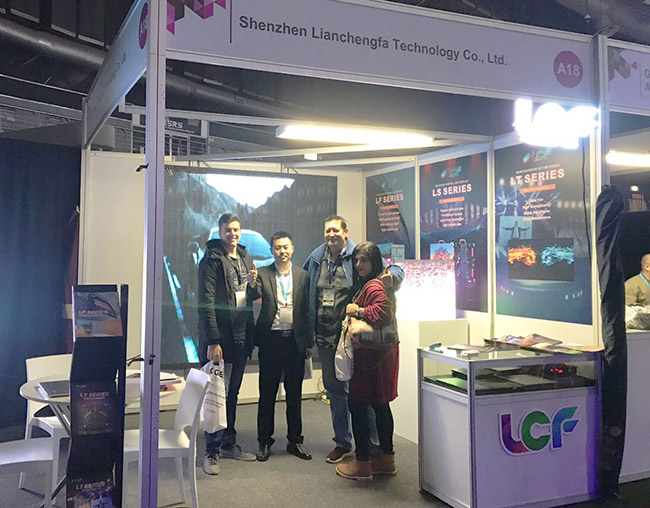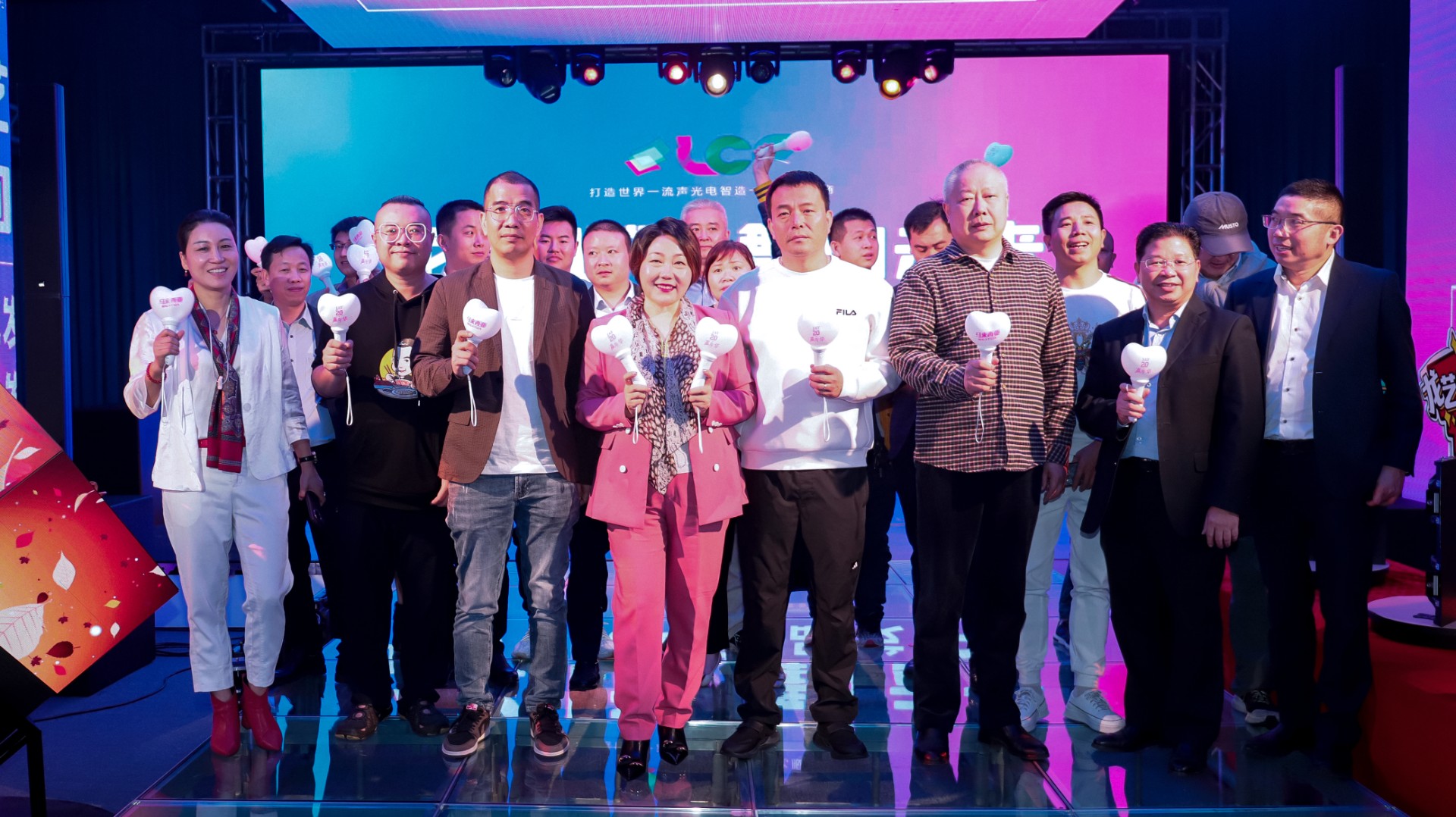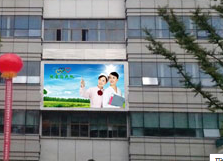Publisher: Supplier of LED Display Time: 2022-11-16 10:01 Views: 1838
At present, my country's new smart city construction has entered a stage of comprehensive development. Under the guidance of national policies, the coordinated promotion of various departments and the promotion of continuous innovation in various places, my country's new smart city construction has achieved remarkable results. A number of featured highlights and innovative applications such as "city brain" and data asset registration have provided Chinese solutions for the construction of global smart cities in some areas. Facing the future, under the background of urgent demand for public services, precise and efficient urban governance, and tight government revenue, focusing on construction effectiveness, encouraging multi-party participation, and promoting long-term operation has become the only way to promote the sustainable development of my country's new smart cities.
01. my country's new smart city construction has achieved remarkable results
In recent years, especially since the 19th National Congress of the Communist Party of China, the construction of new smart cities in my country has been accelerated, the quality of urban services, governance levels and operational efficiency have been greatly improved, and the sense of gain, happiness and security of the people has been continuously enhanced. In "Six Transformations".
First, the mode of development has changed from fighting alone to advancing through coordination. Before 2014, my country's smart city construction was in the stage of exploration and practice. The main feature was that various departments and localities promoted the construction of smart cities according to their own understanding, which was relatively scattered and disorderly. In October 2014, with the approval of the State Council, the "Inter-Ministerial Coordination Working Group for Promoting the Healthy Development of Smart City" led by the National Development and Reform Commission and composed of 25 ministries and commissions was established. Each department no longer works alone, and begins to coordinate and guide local smart cities building.
Second, the service effect has changed from doing our best to being considerate. In the process of developing a new type of smart city, various departments and localities use "Internet + government services" as the starting point, and through the transformation of government roles and the optimization of service methods, the government service capabilities have been significantly improved. The service mode has been transformed from decentralized service to collaborative service, and the service channel has been transformed from online processing to fingertip processing.
Third, the governance model has changed from one-way management to collaborative governance. While solving urban governance problems, the new smart city promotes the urban governance model from one-way management to two-way interaction, and from key field management to multi-field coordination.
Fourth, data resources have changed from line-based to block-based. Focusing on eliminating the "data chimney", my country has successively promoted cross-level and cross-department government data sharing by focusing on overall planning, formulating methods, building platforms, laying foundations, and promoting applications, and realized a government information resource sharing directory based on the national data sharing and exchange platform Dynamic updates and online management.
Fifth, the transformation of digital technology from single application to integrated integration. The pace of cross-integration and innovative applications of digital technology is accelerating, and the technological paths of new smart cities are more diversified and optimized. With the completion of the deployment of Beidou navigation satellites and the continuous improvement of drone technology, some cities have explored the use of new mobile terminals such as drones for urban governance, expanding the imagination of urban governance.
Sixth, the scope of construction has shifted from city-based to urban-rural integration. The report of the Nineteenth National Congress of the Communist Party of China proposes to build a smart society. A smart society is the sinicization and modernization of the concept of smart cities, which highlights the overall planning of urban and rural areas and the integrated development of urban and rural areas. On the one hand, the work focus of most cities has shifted from overall planning to comprehensive implementation. On the other hand, the county has opened up a new space for the development of smart cities in my country.

02. There are long-term operational shortcomings in the construction of new smart cities in my country
On the whole, my country's new smart city construction has achieved positive results, but it has also exposed problems such as unclear construction and operation models and insufficient social capital participation, which have become the main bottleneck affecting the effectiveness of new smart cities.
First, the concept is emphasized over connotation, and the effectiveness of smart applications needs to be further improved. Key issues such as overall planning and coordination mechanisms, management and operation mechanisms, and cross-departmental data sharing have not been truly and effectively resolved, resulting in some smart applications floating on the surface, and even some "image projects" that are "fancy but not useful".
The second is to emphasize commonality and despise individuality, and the promotion of measures according to local conditions needs to be further strengthened. my country has a vast territory, and there are large differences in the level of economic and social development and the foundation of informatization development in various regions. The pain points and difficulties of different regions and levels are often different, and simple off-site replication of the same technical solution is often difficult to achieve results.
The third is to focus on form rather than ability, and the role of platform companies needs to be further clarified. At present, the mode of government-enterprise joint establishment of state-owned platform companies to carry out overall operations has also been paid attention to by more and more places as the focus of exploration. If a professional team that understands both technology and management cannot be quickly established, it is likely to degenerate into only doing business. "Second dealers" who change hands.
Fourth, the government is more important than the society, and the multiple co-construction model needs to be further explored. At present, the construction and operation of new smart cities are still not separated from the government-led model. With the expansion of applications and scope, the funds required for construction and operation continue to increase, and the pressure on financial funds in some cities continues to increase, which is unsustainable, and even delayed for more than two years. Payment of operation and maintenance fees.
Fifth, focus on construction and neglect assessment, and the evaluation of operational effects needs to be further deepened. In 2019, 65.45% of cities at the prefecture level and above incorporated the construction of new smart cities into the government performance appraisal system. However, in fact, most of the appraisals are the implementation of departmental tasks, and there are few evaluations and appraisals of the operational effectiveness of the system platform after completion.
03. Deepening policy recommendations for long-term operation of new smart cities
In the new era, we should continue to deepen the construction of new smart cities, promote long-term operation, and achieve sustainable development.
1. Change the concept and plan to build a long-term operating ecology first. Establish a long-term operation concept, make a long-term operation plan with the end in mind, and build a clear construction and operation structure, benefit distribution, and evaluation and supervision mechanism before construction begins. In response to the development trend of government-enterprise alliance and multi-participation, establish a state-owned platform company or a joint operation company to build a government-enterprise cooperation bond, introduce long-term operation and management methods for smart cities, and encourage the construction of sustainable supply through the "introducing foreign aid and driving local" approach. The supply ecology of comprehensive professional business, technology and management capabilities.
2. Adapt to local conditions and choose a long-term operation model that suits you. Carry out research on long-term operation models, guide local governments to choose the most suitable construction and operation model based on their own development stages and needs, and select the appropriate operation model according to the applicable conditions of various operation models, the characteristics of operation objects, the capabilities of operation subjects, and available operation resources. Or through a combination of various operating models, develop suitable operating practices, and pay attention to avoid "piecemeal operations" causing "operational islands" and reducing operational value.
3. Separation of management and operation, strengthening professional operation and government supervision. Give full play to the advantages of both the government and the enterprise, and overcome the disadvantages of the government being both a "referee" and an "athlete". On the one hand, strengthen the professional operation of enterprises, give full play to the decisive role of the market in resource allocation, and form a sustainable development pattern of government guidance, multi-participation, and win-win cooperation; on the other hand, strengthen supervision and assessment, find problems in time, and continue to correct and improve , to ensure the effectiveness of construction and operation.
4. Self-hemopoiesis, strengthening the exploration of value-added mode of data elements. Activate the potential of data elements to form a normalized working mechanism for the sharing and opening of government affairs data and the sharing and utilization of government and enterprise data. On the one hand, promote data legislation, establish a mechanism for equal rights, responsibilities, and benefits of data elements, and form a system of rights, responsibilities, and benefits for government data sharing and opening, development and operation; on the other hand, carry out data operations, establish a market-oriented operation mechanism for data elements, and promote classification and classification Development and utilization of government data resources.
5. Evaluation and guidance, carry out the construction of the operation evaluation index system. Accelerate the exploration of incorporating long-term operation into the development evaluation of new smart cities, establish a scientific and systematic long-term operation evaluation index system, design evaluation indicators from the aspects of content coverage, mechanism construction, operation capability, and operation effectiveness, and carry out evaluation practices, and encourage evaluation to promote Improve the level of long-term operation.
Source: "China Information Industry"
Authors: Shan Zhiguang, Zhang Yanqiang, Department of Informatization and Industrial Development, State Information Center









